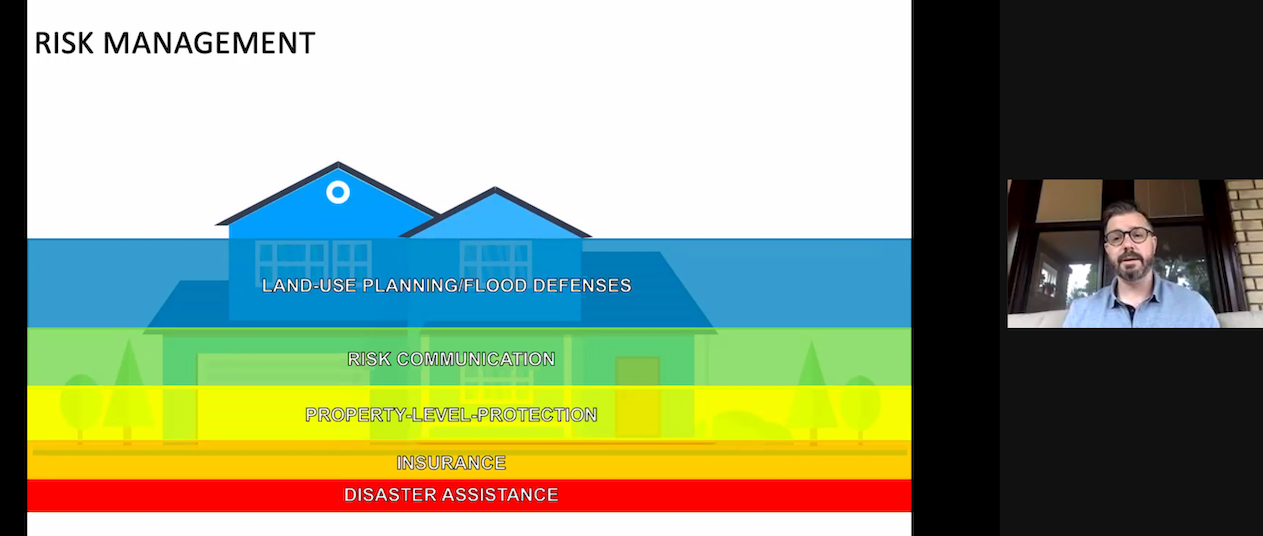As climate change continues to threaten urban and rural communities, water security challenges driven by urbanization will exacerbate existing vulnerabilities. Tackling these ‘wicked’ problems necessitates collaboration across sectors, the integration of nature-based solutions and the exploration of synergies that prioritizes long term climate adaptation. Promoting water security in urban centres can help to improve social equity and increase access to water resources to foster more resilient communities in the face of climate change.
The Interdisciplinary Centre on Climate Change (IC3) and the Water Institute at the University of Waterloo co-hosted a three-week interdisciplinary summer school from May 31 – June 18 focused on climate change and water security in urbanized waters. The virtual format brought professors from multiple disciplines, graduate students and practitioners together to learn about the different water security challenges in urbanizing watersheds under the threat of climate change. By providing an interdisciplinary perspective, modules consisted of topics ranging from climate modelling, climate risk management, public health, role of urbanization in global environmental change to the governance and economics of water security. Leading scholars from all six faculties at the University of Waterloo delivered daily lectures to 90+ participants from 15 countries.

CCRF community lead, Dr. Jason Thistlethwaite delivers a summer school lecture on climate risk management.
CCRF community lead and Associate Professor Dr. Jason Thistlethwaite addressed climate risk management specifically focusing on the evolving role of business in environmental governance. Thistlethwaite shared insights on the role of the insurance sector in risk mitigation and the different barriers to organizational climate risk management. Key barriers include individual cognition which can limit incentives for sustainability due to present bias and uncertainty, and organizational practices that focus on the short-term, discounting future gains from sustainability, and institutional logistics which prioritize return-on investments and shareholder value.
Here are some common themes and takeaways that I found valuable from the summer school:
- Accounting for sources of uncertainty (e.g., socioeconomic, computational, internal climate variability) is crucial in climate modelling and tackling complex water challenges.
- Increased proactive shared responsibility between government, private industry, insurance, and NGO’s is needed to find opportunities for innovative and transformative actions.
- Urbanization presents both threats and opportunities for sustainable development.
- It is imperative to compare the different pathways for water resource planning and allocation, identify their strengths and weaknesses, including their adaptive capacity for coping with climate risks.
- Benefit sharing amongst stakeholders can transform conflict into cooperation.